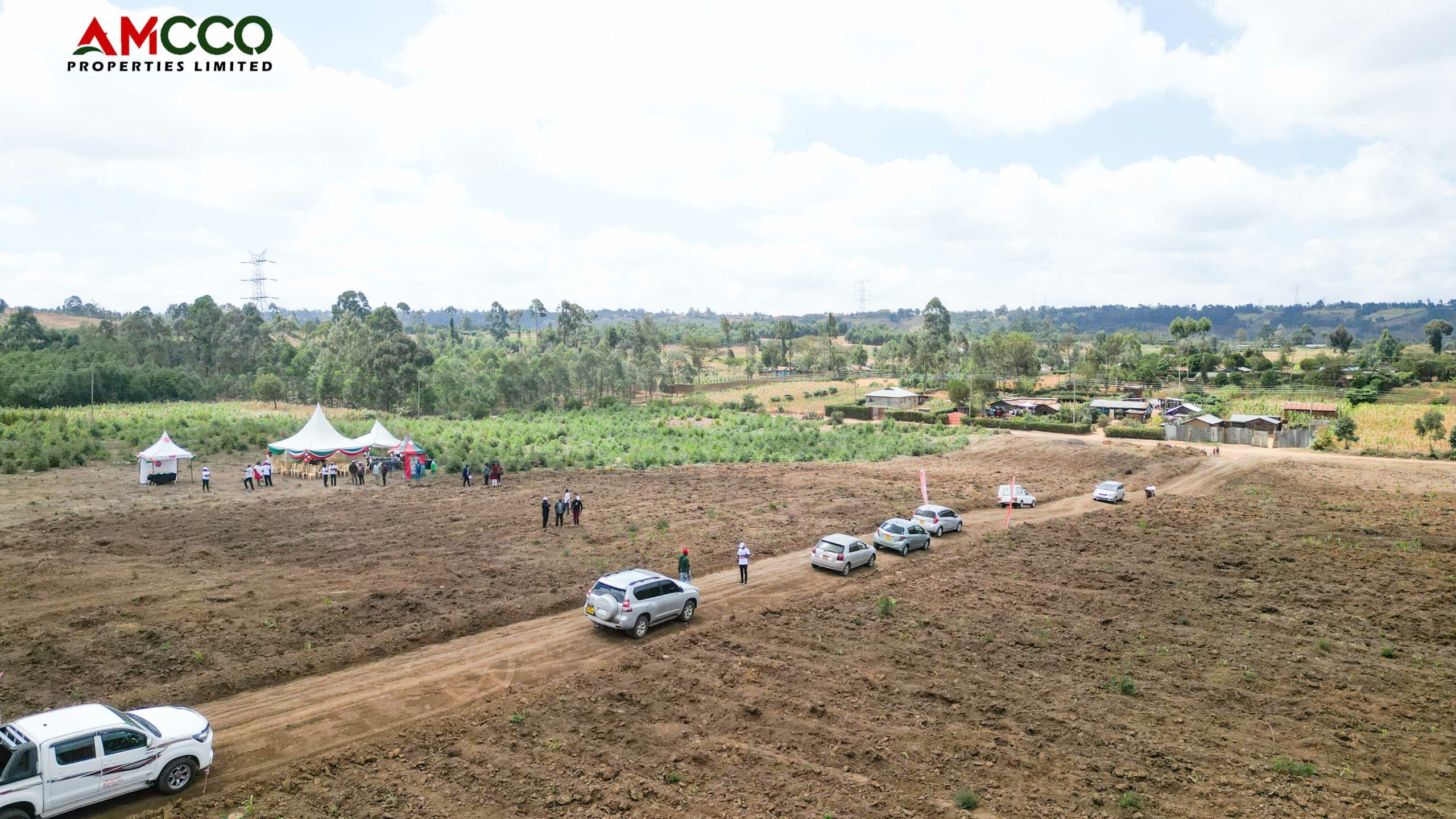4 WAYS TO PROTECT YOUR LAND FROM FRAUDSTERS
Land fraudsters are people who acquire other people’s land or property through unlawful means.
Fraudsters can and do target properties for fraud, By pretending to be you, they can try to sell or mortgage your property, leaving you disadvantaged to deal with the consequences.
They assume false identities so that they can pass themselves off as landowners, making it easier to sell the land to another third party.
If you happen to have bought land or property, it’s important to ensure that it’s registered with the Land Registry.
You can take the following steps to protect your land and property from being fraudulently sold:
Click here to contact us via WhatsApp
Conduct Due diligence
Before embarking on a sale, it is important to do due diligence.
Do not resort to quick fixes or shortcuts.
Short-circuiting procedures can only go wrong.
After identifying the piece of land that meets your needs in terms of size, location, and budget, you should get a copy of the title deed to do a search at the land registry just to be on the safe side.
It’s good to be professional and not look down on these small facts.
Have all the necessary Documents
After procuring your piece of land and having the proper documentation, protect it by all means.
Think about what could go wrong, and just in case this makes it hard for them to maneuver other ways,
Sign up for property alerts
Property alerts are a notification service provided by the Land Registry to a Subscriber in respect of the land register of a particular land property for a certain subscription period.
The service is to facilitate the subscriber’s ability to monitor if any instrument affecting his property has been registered.
By having this if at all one tries to make changes to the registration of property, not only will they be blocked from making the changes but they will also make you aware by alerting you so that you take the necessary action.
Put a Restriction on your title
A restriction title is an entry made on the title deeds of a property that prevents a sale, transfer, or gift of the property unless certain conditions are met.
They are usually to protect someone’s interest in a property or to ensure that obligations are met when the property is sold, if at all, only if the terms of the restriction are not complied with.
This makes it hard for fraudsters to have their way.
Other ways are to do the following:
By not responding to messages asking for personal or financial details.
Don’t click on links or attachments in suspicious emails or text messages.
Use stronger passwords and set up two-factor authentication.
Keeping your contact list up-to-date so that should anything happen, you are notified by the land registry includes leaving behind a couple of emails and addresses.
Read: 6 THINGS TO CONSIDER BEFORE INVESTING IN LAND IN KENYA






